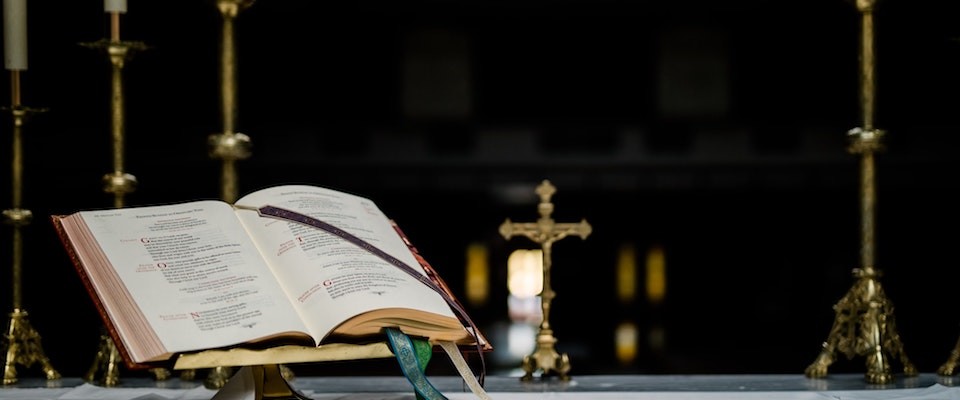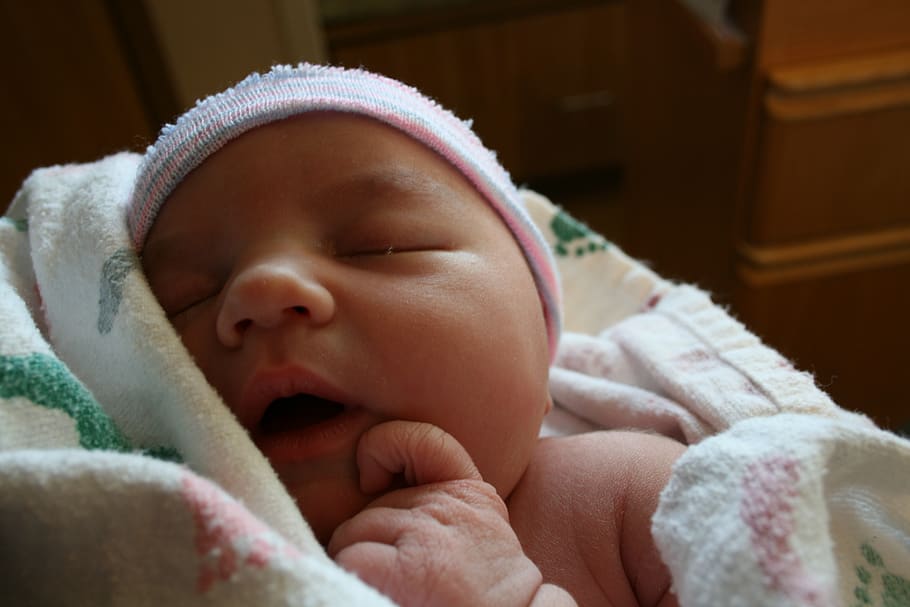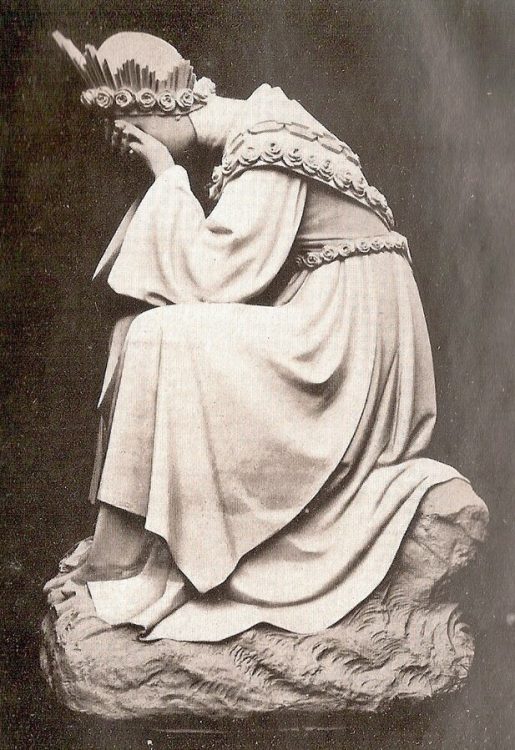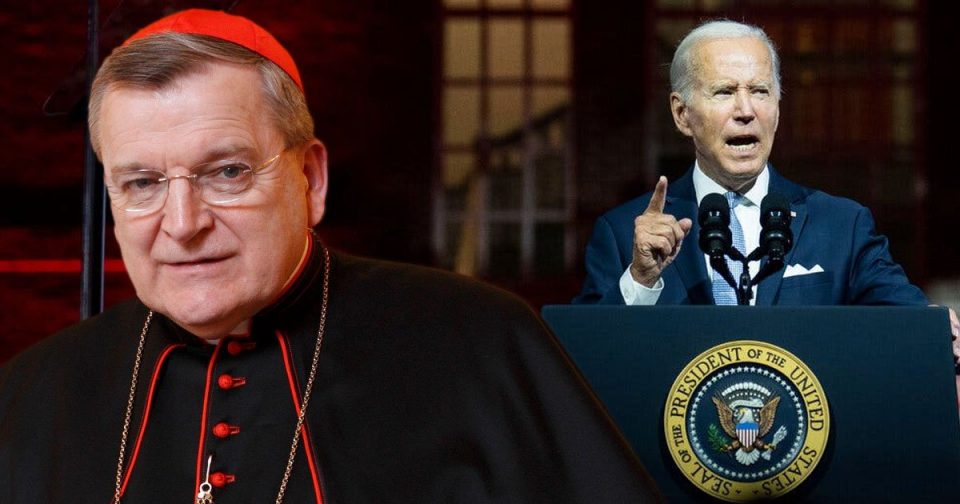 Fifty years ago, on November 30, 1969, the Catholic Church marked the First Sunday of Advent with the universal implementation of the revised Roman Rite of the Mass, approved by Pope Paul VI in response to the Second Vatican Council’s Constitution on the Sacred Liturgy.
Fifty years ago, on November 30, 1969, the Catholic Church marked the First Sunday of Advent with the universal implementation of the revised Roman Rite of the Mass, approved by Pope Paul VI in response to the Second Vatican Council’s Constitution on the Sacred Liturgy.
And the liturgy wars broke out in earnest.
They have not abated since. If anything, they’ve intensified in recent years.
As these debates continue, it will be helpful to remember that the Liturgical Movement of the mid-20th century, which led to “the changes” approved by Pope Pius XII before it led to “the changes” approved by Pope Paul VI, believed that the renewal of the Church’s worship would foster both sanctity and mission, including the Church’s social witness. For leading liturgical reformers like Father Virgil Michel, OSB, of St. John’s Abbey in Collegeville, Minnesota, liturgical renewal, evangelical zeal, and a commitment to living Catholic social doctrine went hand in hand. The bishops of Vatican II (who adopted the Constitution on the Sacred Liturgy by a vote of 2,174 to 4) agreed. If I may quote myself in a passage from my new book, The Irony of Modern Catholic History:
. . . the Council, building on and developing the teaching of Pius XII’s encyclical, Mediator Dei, sought to recover an understanding of the liturgy as the entire Church’s participation in the mystery of God’s presence through the sacraments, after a period in which “liturgy” meant, primarily, the performance of rites at which the laity were spectators who attend because of legal obligation. That participation, both the Liturgical Movement and the Council fathers hoped, would be an energizer of mission, for at the center of the liturgy is Christ, and it is Christ who sends his people out as heralds of the Gospel. Or, as the Council fathers began [the Constitution on the Sacred Liturgy], “the sacred Council has set out to impart an ever-increasing vigor to the Christian life of the faithful . . . [and] to strengthen whatever can help call mankind into the Church’s fold.”
That was the intention; the results, to date, have been decidedly mixed. ….
Read more here https://www.firstthings.com/web-exclusives/2019/11/the-reformed-liturgy-50-years-later







